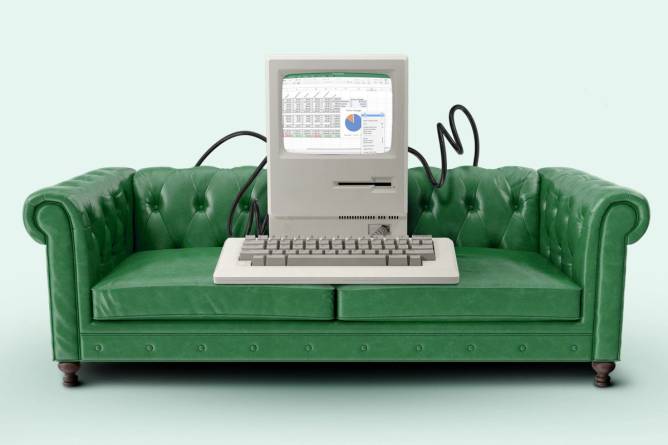Expectations for last Friday’s jobs report were low. Despite that, job gains were surprisingly strong in March. But that could change as employers face several looming challenges, particularly how they’ll be affected by new tariff rates under President Trump. Employers added 228,000 jobs in March, the Bureau of Labor Statistics reported, beating the last 12-month average of 158,000, and economists’ estimates. Average hourly wages rose to $36. The unemployment rate edged up slightly to 4.2%. “We had expected a softer report, so this definitely beats expectations,” Rajesh Namboothiry, SVP at Manpower US, told HR Brew. Healthcare again led on job growth, adding 54,000 jobs last month, slightly above its monthly average of 52,000 over the last year. “If you’re working in healthcare and you’re in HR and talent, it’s probably still a challenging time for you,” Kory Kantenga, head of economics for the Americas at LinkedIn, told HR Brew, noting that healthcare hiring on the platform is still above prepandemic levels. “It’s one of those areas that has things going for it, like population aging, living longer, spending more money on healthcare.” Retail trade, burdened by layoffs and slowed hirings in recent data, added 24,000 jobs. Leisure and hospitality added 43,000 jobs, largely driven by gains in accommodation and food services. Transportation and warehousing added 23,000, nearly doubling its 12-month average of 12,000. However, Namboothiry said that he has not seen big gains with his own clients in these industries. “We’re not quite seeing that yet, when you talk to our large clients, we’re not seeing those signals yet,” he said. “I think it is optimism with uncertainty that’s really where our employers, some of the larger clients, are leaning to. Wait, watch, and understand what’s going on in the market before taking any action.” For more on the March jobs report and what it means for talent acquisition, keep reading here.—PM | 








